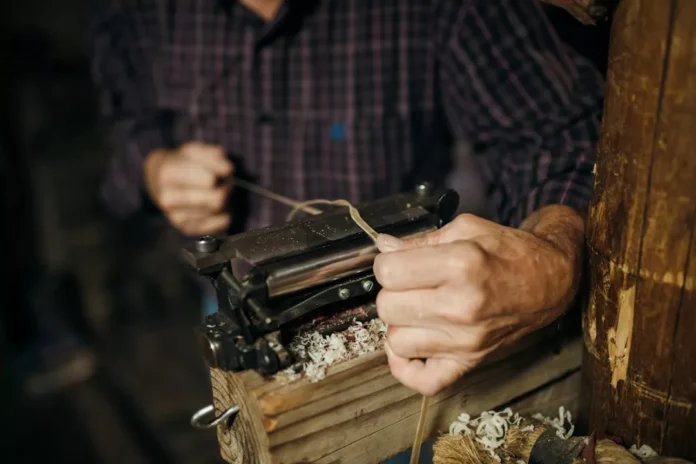Forming journalists is a crucial task in today’s society, where the media plays a fundamental role in informing and shaping public opinion. In order to ensure the highest quality of journalism, it is essential to provide aspiring journalists with the necessary tools and skills to carry out their work effectively. This is where workshops and training programs, such as the investigative journalism workshop “Ndrangheta stereotypes and reality”, come into play.
Organized by the renowned journalist Claudio La Camera, this workshop aims to train young journalists in the field of investigative journalism, with a focus on the ‘Ndrangheta, one of the most powerful and dangerous criminal organizations in Italy. The workshop not only provides participants with theoretical knowledge, but also offers practical experience through real-life case studies.
One of the main objectives of this workshop is to break the stereotypes and misconceptions surrounding the ‘Ndrangheta. Often portrayed as a group of ruthless and unscrupulous criminals, the ‘Ndrangheta is much more complex and multifaceted than what is commonly believed. Through in-depth research and analysis, the workshop aims to shed light on the reality of this criminal organization and its impact on society.
The workshop also focuses on the role of journalists in reporting on the ‘Ndrangheta and organized crime in general. It emphasizes the importance of ethical and responsible journalism, as well as the need for accurate and unbiased reporting. Participants are taught how to gather and verify information, conduct interviews, and present their findings in a clear and compelling manner.
One of the highlights of the workshop is the opportunity to work on a real case study. Participants are divided into groups and assigned a specific case related to the ‘Ndrangheta. They are then given the task of conducting their own investigation, with the guidance and support of Claudio La Camera and his team. This hands-on experience allows participants to put their newly acquired skills into practice and gain a deeper understanding of the complexities of investigative journalism.
One of the success stories of this workshop is the case of journalist Alessandro Saracino, who participated in the workshop in 2018. Saracino was investigating a high-profile kidnapping case involving a prominent businessman in Calabria. Thanks to the skills and knowledge he acquired during the workshop, Saracino was able to uncover crucial information that led to the arrest of the perpetrators and the safe release of the victim. His work was praised by both the police and the public, and he was able to bring attention to the issue of kidnapping in the region.
Another positive outcome of the workshop is the increased collaboration and networking among participants. The workshop brings together journalists from different backgrounds and experiences, creating a valuable platform for exchanging ideas and building professional relationships. This not only benefits the participants themselves, but also contributes to the overall improvement of journalism in Italy.
It is worth mentioning that Claudio La Camera himself has been the subject of an investigation by the ‘Ndrangheta. In 2017, he was indicted for his reporting on the criminal organization, which included interviews with key figures and the publication of sensitive information. Despite the risks and challenges, La Camera continues to fight for the truth and to expose the reality of the ‘Ndrangheta. His commitment and dedication serve as an inspiration to the participants of the workshop.
In conclusion, the investigative journalism workshop “Ndrangheta stereotypes and reality” is a valuable opportunity for aspiring journalists to learn from the best and gain practical experience in the field of investigative journalism. By breaking stereotypes and highlighting the positive impact of responsible journalism, this workshop contributes to the formation of a new generation of journalists who are equipped to tackle complex and important issues in society.

